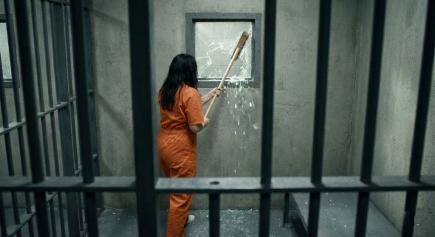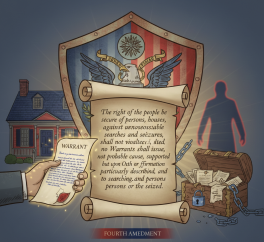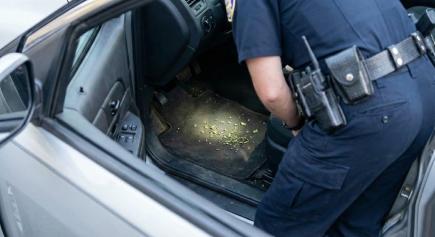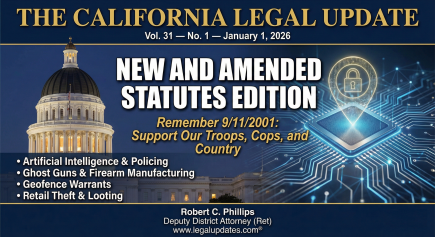

- Ref # CAB00109
- January 26, 2022
News Reporters Participating in Protests and the First Amendment
News Reporters Participating in Protests and the First Amendment:
Robert Phillips, Deputy District Attorney (Ret).
Question: If a news reporter for a properly credentialed news agency, while reporting on a public protest or civil demonstration, steps out of his shoes as a reporter and engages individual protestors with whom the reporter may personally disagree in a debate, thus becoming part of the problem by potentially agitating an already tense situation, is he still protected by the First Amendment’s Freedom of the Press ” I.e.; does the First Amendment shield him from arrest? Or, looking at the other side of this same coin, does a police officer incur any civil liability when he attempts to enforce a city’s policy of separating opposing protestors into separate demonstration areas, and then arrests (or threatens to arrest) a news reporter who ventures into one demonstration area or the other, debating the protestors with whom the reporter may disagree .... © 2026 Legal Updates, LLC.
This content is protected by copyright law. Republishing or redistribution in any form without written permission is strictly prohibited. For licensing or reprint requests, contact support@legalupdates.com.








